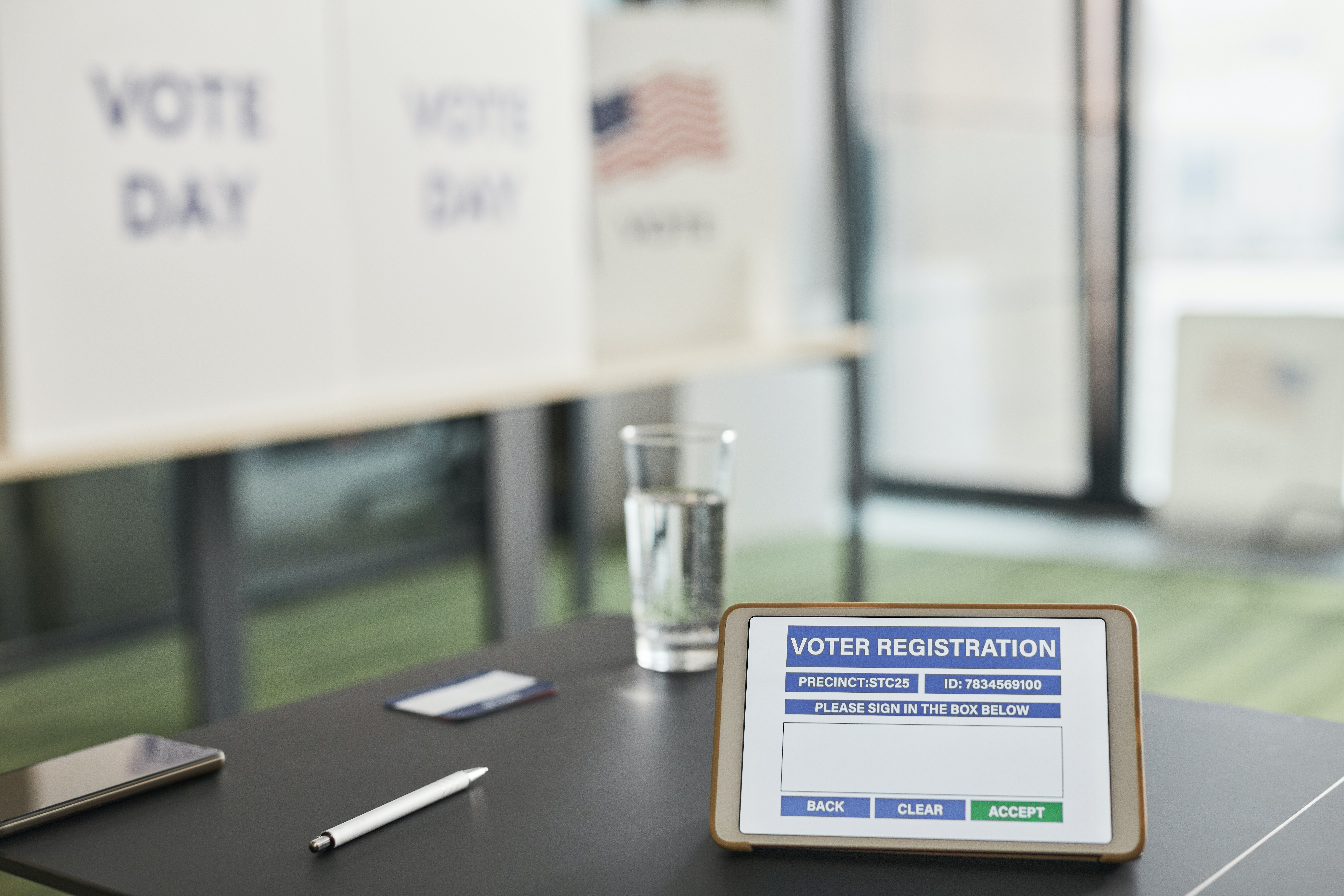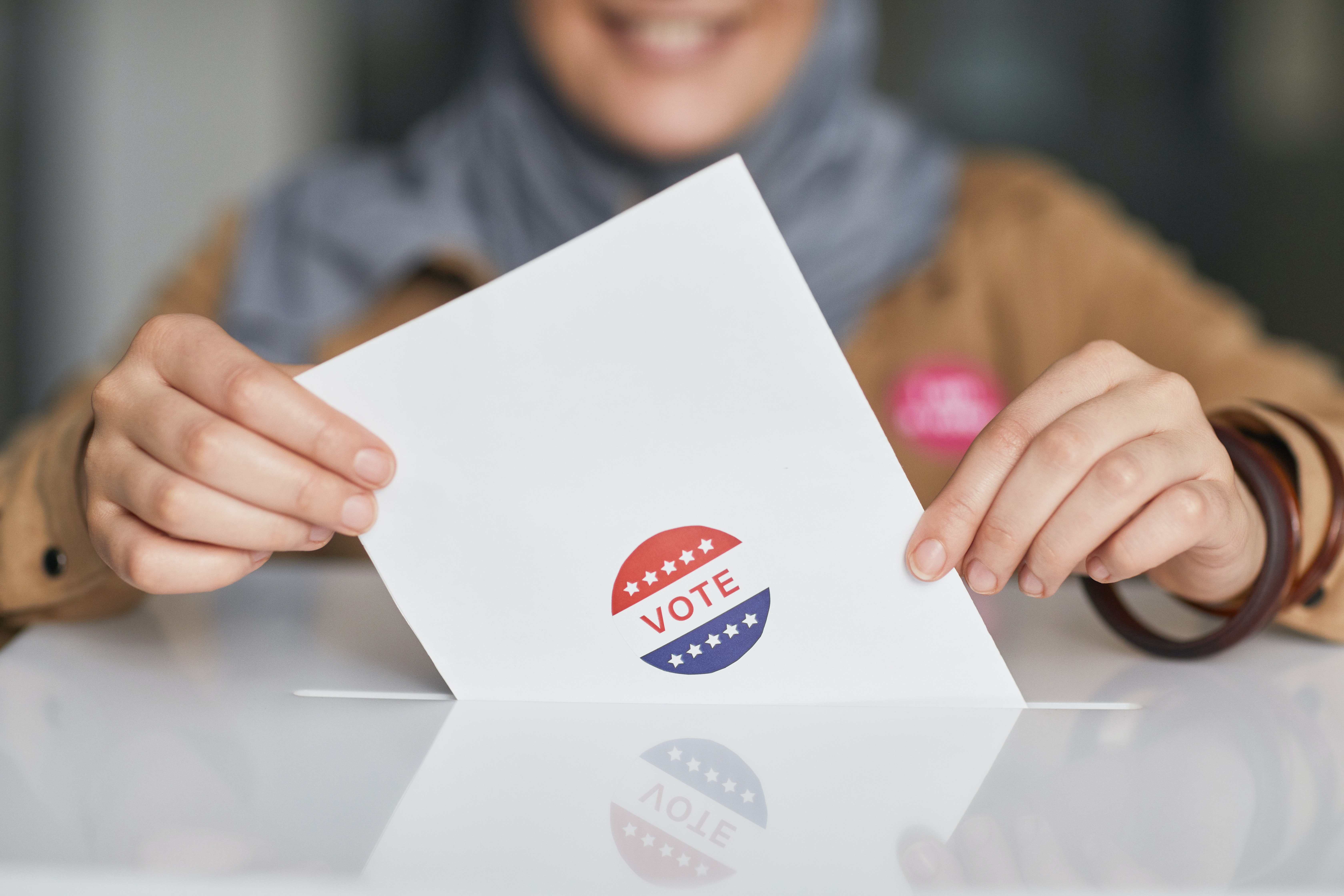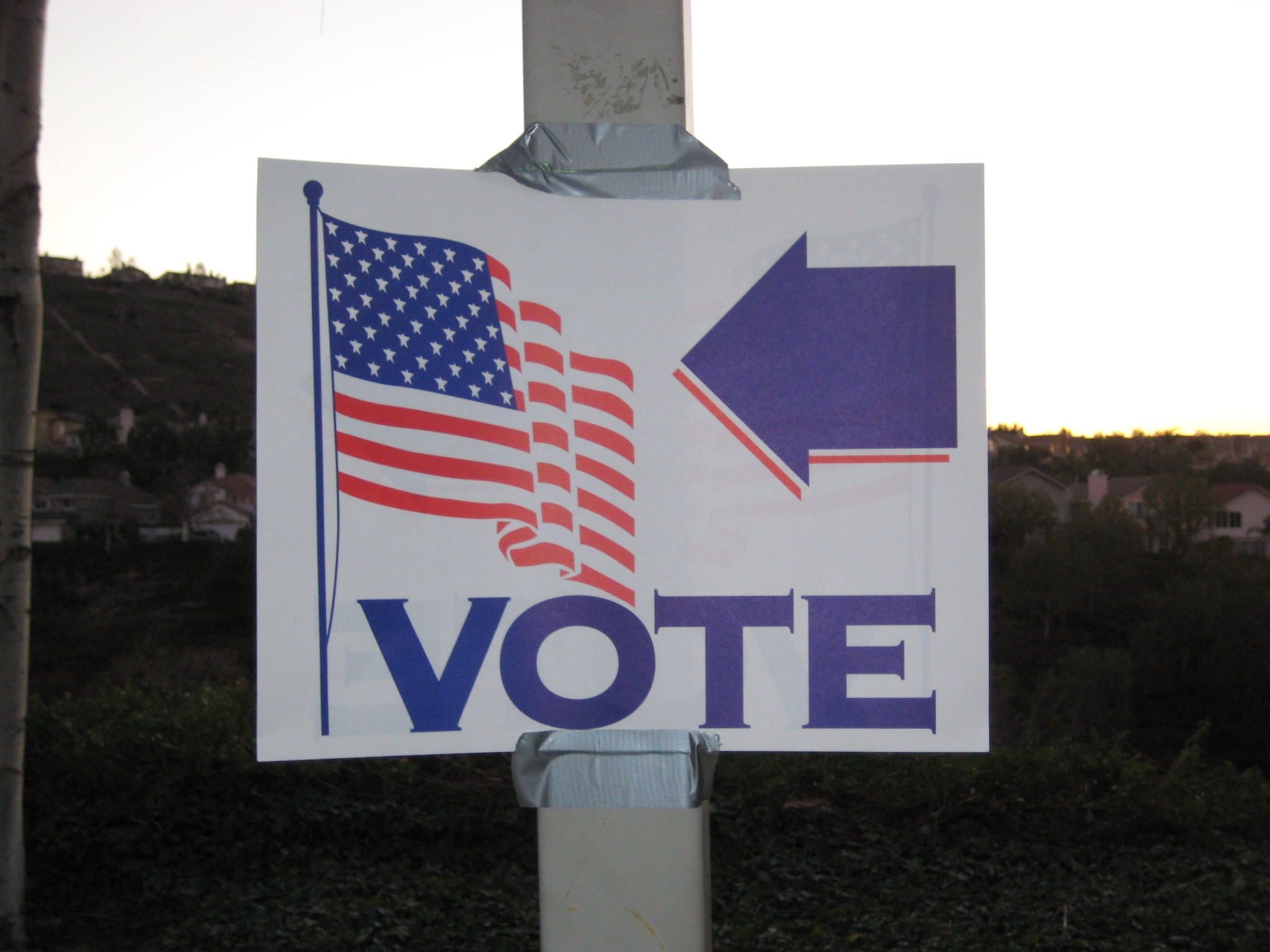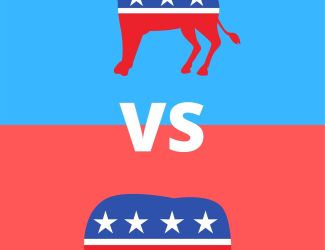All Americans are eligible to vote on Nov. 8, but can college students vote in their new home state? The short answer is yes.
Midterm elections are rapidly approaching in states, and states including Pennsylvania have seats in both houses of Congress up for grabs. Additionally, in Pennsylvania and other states, voters will choose governors and state legislatures.
Dr. James Hedtke, professor of history and political science, said “If you live in New Jersey, if you live in Delaware, if you live in Maryland, if you live in New York, you have races going on for the House of Representatives. These are very important, crucial races.”
Options for out-of-state voters

Students who live across state lines for college are in a unique position to decide on voter registration. It is strongly recommended that students register to vote for the upcoming elections in the state where they grew up. However, voting in Pennsylvania, for instance, is not out of the equation.
Granted, it is against federal law in the United States for citizens to vote in two states at once. Voters can only register in one state at a time.
Hedtke recommends that students vote in their home state. He said students can simply drive home during voting periods or vote by mail.
To vote in your home state
Completely fine! To reduce confusion and stress, absentee or mail-in ballots are viable options for out-of-state students living on campus who cannot return home. Refer to state guidelines and restrictions and use voter registration resources.
Students who do not return home for the voting period need to request and submit an absentee ballot to engage in their state’s elections.
To vote in Pennsylvania
Voting in Pennsylvania is a trickier option but is legally available for out-of-state college students living on campus or at an off-campus Pennsylvania address.
In Pennsylvania, a voter must be a resident of the state and election district for at least 30 days before registering to vote in any upcoming election. (Each state has different requirements for registration.)
On-campus students who decide to vote in Pennsylvania must register to vote with their school’s address. If a student is already registered in their home state, they are required to change registration.
Registering to vote in a different state may cause conflict with financial aid, scholarships, or tuition requiring specific residency.
Hedtke, said, “You want to make sure with our financial aid office that if you’re switching from voting from your home state, to right here in Radnor, Pennsylvania, that your financial aid will be equal to what you have or will be better than one you have.”
The last day to register to vote in Pennsylvania is Oct. 24. Students voting in out-of-state elections should find out the deadline for registration for their state.
Vote, vote, VOTE!
Out-of-state voters on Cabrini’s campus have options, but ultimately, it is up to the convenience and a voter’s beliefs.
Diomi Marmol, senior exercise science major from New Jersey, said she is registered to vote and is deciding whether she will vote in this election.
“[New Jersey] is my hometown, and it’s where my family resides. If I do decide to vote, I will probably go home since it’s only a 45-minute drive, or I have the option to mail in the ballot,” Marmol said.

This election does not only impact each state’s affairs; each state’s election affects the United States as a whole. The U.S. House of Representatives and Senate are the country’s lawmakers, and issues hinge on who has seats in Congress.
Hedtke said this election is not just about Pennsylvania, it’s about the issues affecting the nation. He said all potential voters should be aware of these national issues, such as abortion, the economy, and crime prevention.
“If you’re out of state, the discussion here still pertains to you because even though it might be in a microcosm, the big macro view is national,” Hedtke said.
Polarizing environments, such as the contemporary U.S.A., require participation and civil discourse, especially in midterm elections, to decide upon critical issues. Midterms may change the course of a presidency in the last two years they have in office.







